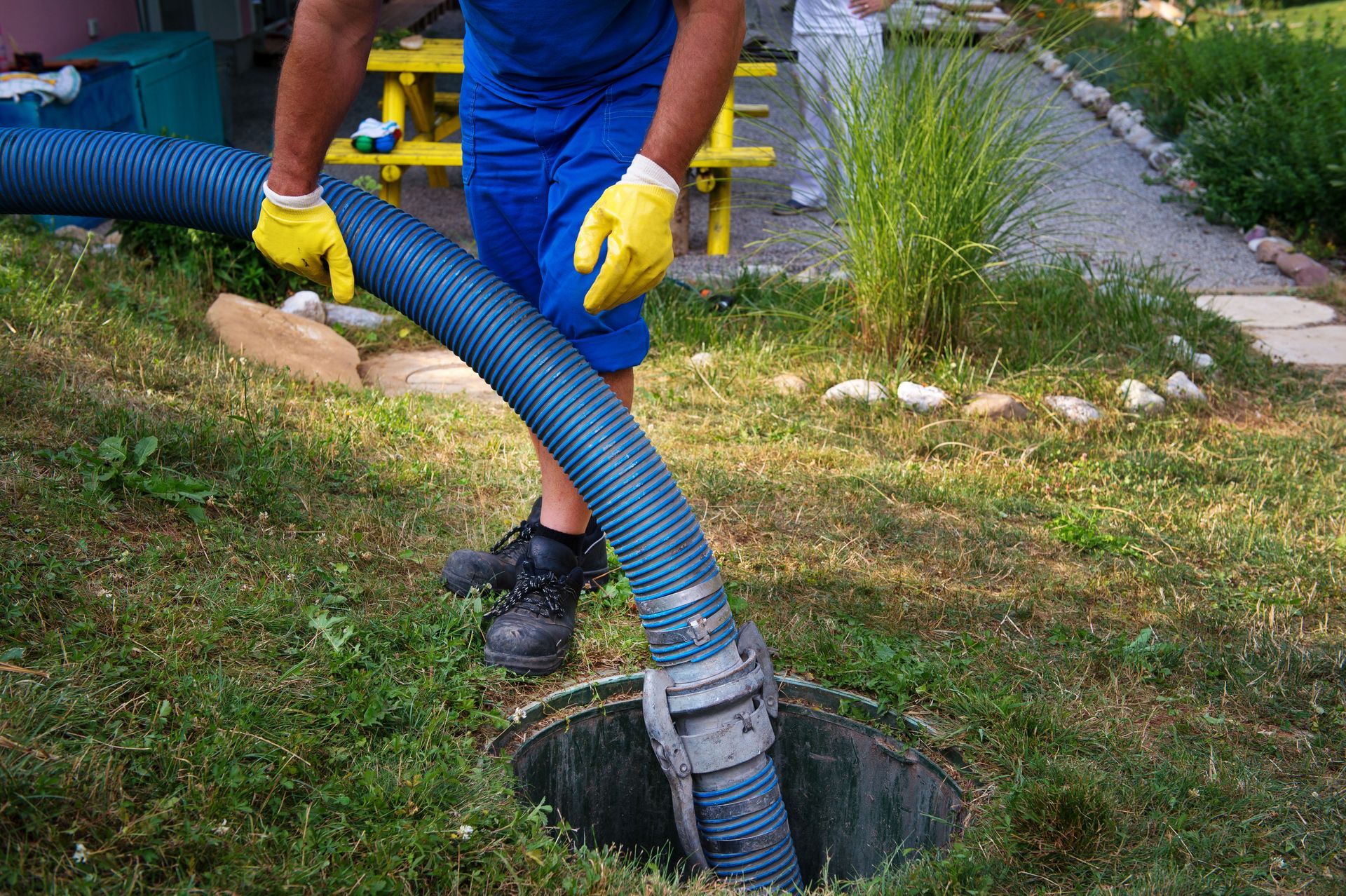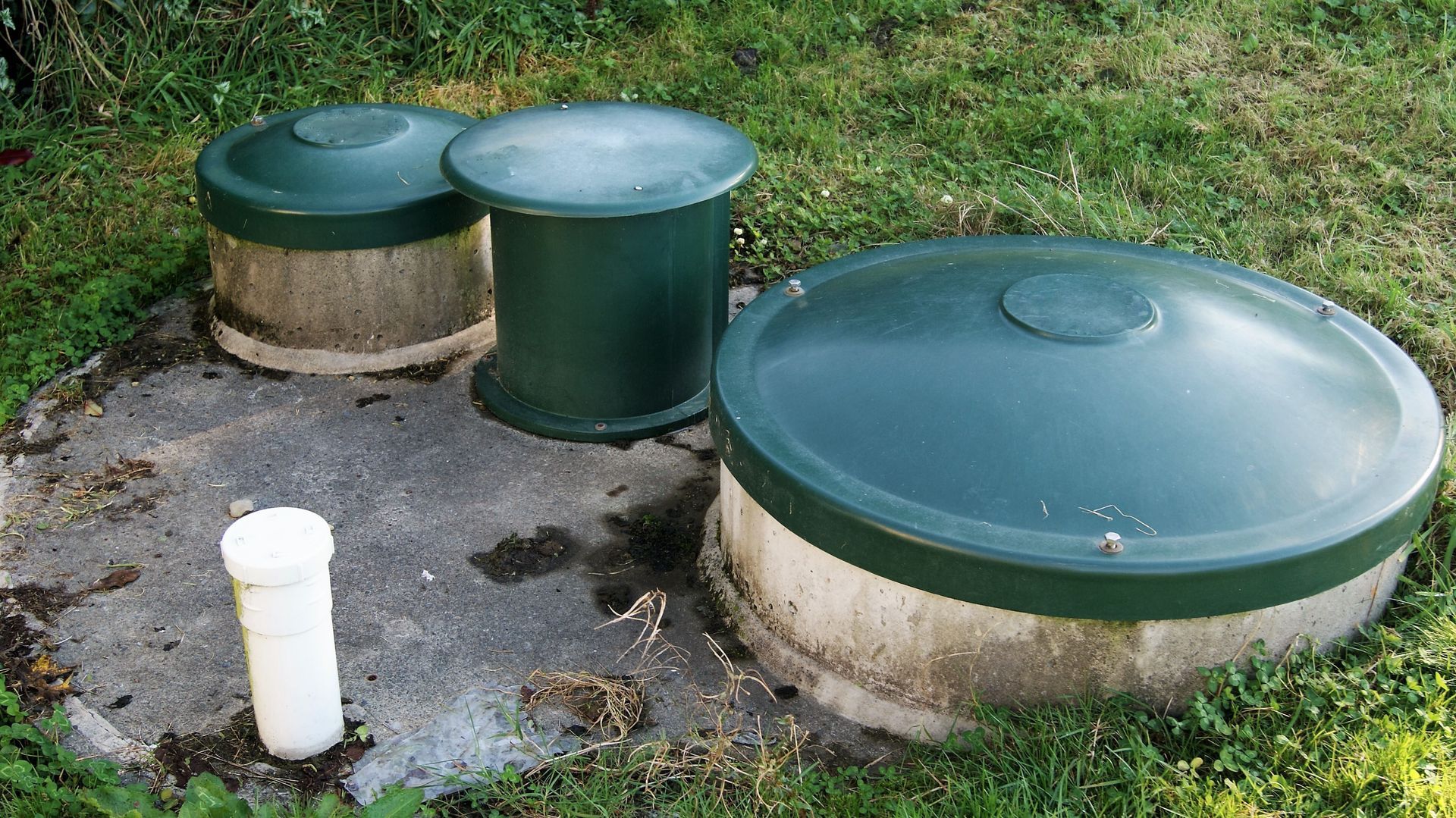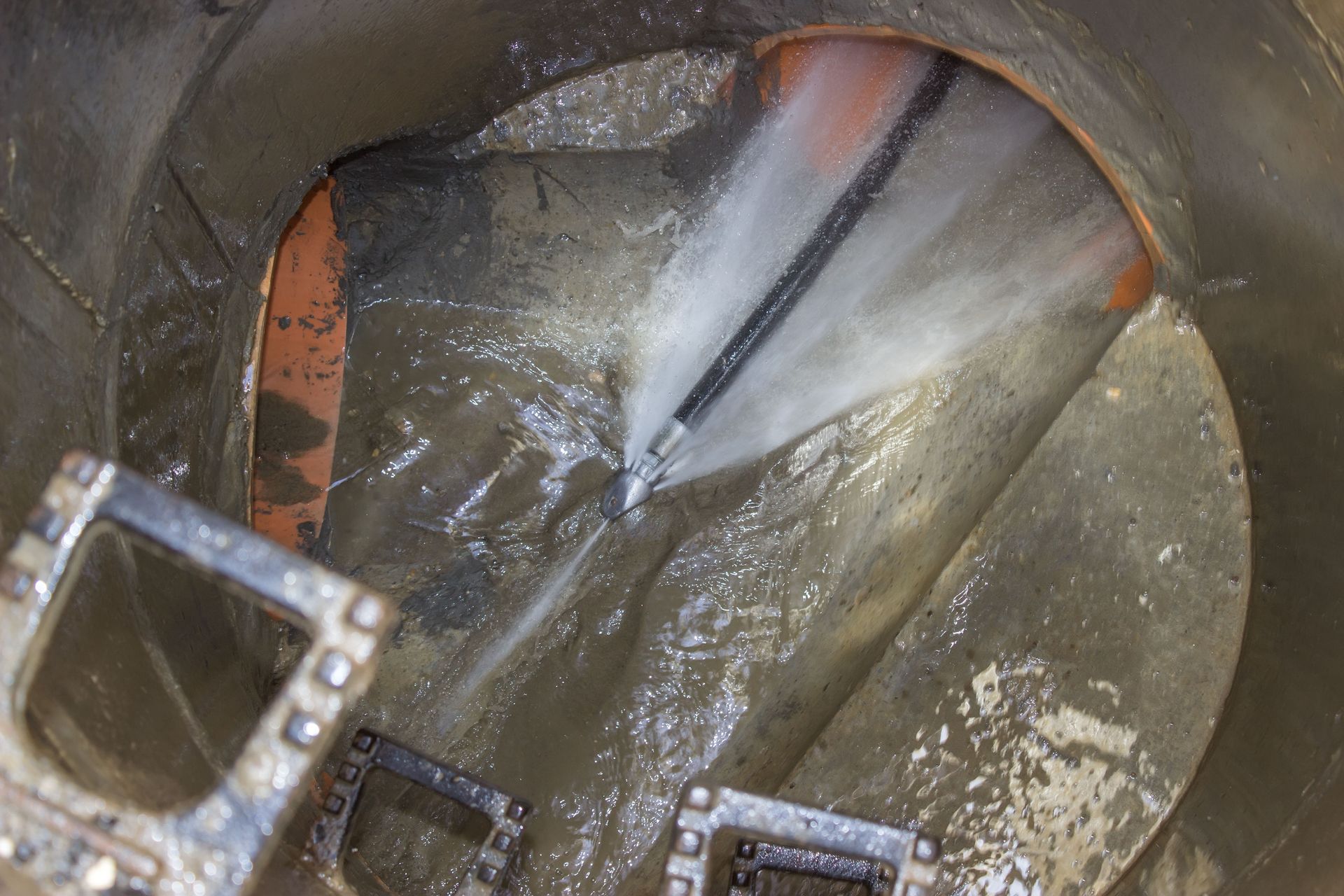November 17, 2025
A home’s septic system quietly performs one of the most essential jobs — managing waste safely and efficiently. However, while it often goes unnoticed, your septic tank is deeply affected by seasonal changes. Shifts in temperature, precipitation, and soil conditions throughout the year can all influence how well your system functions. Understanding these seasonal impacts helps homeowners maintain their systems and avoid costly repairs or failures.
According to This Old House, over 25% of Americans utilize a septic tank to manage waste, especially in rural areas. For those homeowners, it’s crucial to understand how climate and weather patterns affect septic system performance — and what steps can be taken to prevent issues year-round.
Below, we’ll explore how each season can impact your septic tank, why regular maintenance is essential, and how scheduling a septic tank pumping service can keep your system running efficiently no matter the weather.
Spring: Melting Snow and Rain
Spring often brings warmer temperatures, melting snow, and heavy rain — all of which can create excessive moisture in the soil surrounding your septic system. When the ground becomes saturated, your drain field can struggle to filter wastewater properly. The result is often slow drainage, gurgling pipes, or even wastewater backing up into your home.
One of the biggest risks during springtime is soil saturation. When too much water accumulates, the soil loses its ability to absorb and treat wastewater from the septic tank. You may notice puddles forming over the drain field or an unpleasant odor, both of which indicate potential trouble.
To prevent these problems, ensure your gutters and downspouts direct rainwater away from your septic area. You should also limit water use indoors during periods of heavy rain to reduce the strain on your system. If it’s been a few years since your last septic tank pumping service, spring is an excellent time to schedule one. Removing accumulated sludge and solids ensures your tank has maximum capacity to handle increased flow as temperatures rise.
Routine inspection and pumping also help detect damage from winter freezing or frost heave, which can crack pipes or disrupt the tank’s position underground. By addressing these issues early, you can protect your system from more severe damage later in the year.
Summer: Heat and High Usage
Summer typically means more activity around the home — from hosting guests to running sprinklers and filling pools. This increased water use puts extra strain on your septic system. Combine that with high temperatures, and you have conditions that can accelerate bacterial growth and lead to unpleasant odors if the system is not properly maintained.
Warm weather can also cause the anaerobic bacteria inside your tank to work faster, breaking down solids more quickly. While this sounds positive, it can create imbalances if the system isn’t regularly maintained. Solids can be pushed into the drain field, potentially clogging it.
To keep your septic system performing optimally during summer, avoid excessive water usage all at once. Spread out laundry and dishwashing loads throughout the week. Don’t pour grease, oil, or chemicals down the drain, as these can harm the bacteria that process waste. Schedule a septic tank pumping service if you notice slow drains, foul smells, or unusually lush grass over the drain field — all signs that your tank may be nearing capacity.
If you live in a region that experiences drought, dry soil can also cause complications. When the soil becomes too dry and compacted, it may restrict the ability of your drain field to absorb and filter wastewater. Maintaining a consistent level of moisture around the drain field by watering your lawn moderately (without overdoing it) can help prevent this.
Fall: Preparing for Colder Months
Autumn is the ideal time for homeowners to prepare their septic system for the challenges of winter. Falling leaves, cooler temperatures, and shifting moisture levels all affect how efficiently your system operates.
Leaves and debris can clog gutters and downspouts, directing excess water toward your drain field instead of away from it. This can saturate the area and reduce the soil’s filtering ability. Regular yard maintenance helps prevent this issue.
In addition, fall is the perfect season to schedule a septic tank pumping service before the ground freezes. Pumping your tank in autumn ensures it’s free of excessive solids, preventing backups and overflows when winter arrives. Pumping is much more difficult — and often more expensive — during cold weather because frozen ground can hinder access.
Fall maintenance should also include an inspection of the tank lid and risers to ensure they’re secure and properly insulated. A loose or broken lid allows cold air to enter, which can freeze pipes and disrupt bacterial activity inside the tank. Bacteria are vital for breaking down waste, and lower temperatures can slow this process considerably.
Finally, if you plan to be away for extended periods during the colder months, avoid shutting your system down completely. A lack of use allows the system to freeze more easily. Instead, have a professional evaluate your system’s readiness for winter to ensure it remains in good working order while you’re gone.
Winter: Freezing Temperatures
Winter presents the most significant challenges for septic systems, especially in regions prone to freezing temperatures. When frost penetrates deep into the soil, it can freeze pipes, slow bacterial processes, and even block drainage.
A frozen system can cause wastewater to back up into your home, leading to costly and unpleasant repairs. Preventing this requires proactive steps before the cold sets in — one of which is ensuring your system is properly insulated by maintaining adequate grass cover over the drain field. Avoid compacting snow or soil over this area by keeping heavy vehicles, equipment, or snow piles off of it.
If you notice slow drains or unusual gurgling sounds during winter, contact a professional immediately. These symptoms could indicate freezing or blockages. Scheduling a septic tank pumping service before the ground freezes helps prevent excess solids from building up and minimizes the risk of wintertime failures.
Additionally, ensure that any exposed pipes are properly insulated. A small investment in pipe insulation can prevent thousands of dollars in damage caused by freezing.
Problems: Time to Call a Professional
Even with diligent maintenance, certain problems require professional expertise. If you suspect flooding, blockages, or frozen pipes, don’t attempt to fix them yourself — improper handling can cause significant damage or even contamination.
Licensed septic professionals can inspect your system using specialized equipment to identify and address issues before they escalate. They can also advise on the ideal maintenance schedule for your household based on usage patterns, tank size, and soil conditions.
Establishing a long-term relationship with a trusted septic tank pumping service provider ensures consistency and peace of mind. Regular service records allow technicians to spot trends and potential issues early, saving you money and stress in the long run.
Your septic system is one of the most vital components of your home’s infrastructure, and its performance depends heavily on the changing seasons. From spring’s flooding risks to winter’s freezing temperatures, every time of year brings unique challenges that can strain your system if neglected.
Proactive care, including regular inspections, responsible water use, and timely septic tank pumping service, ensures your septic tank remains efficient and dependable regardless of weather conditions.
By understanding how seasonal weather affects your system and responding with timely maintenance, you’ll protect your investment, avoid inconvenient breakdowns, and ensure your home’s wastewater management remains safe and reliable year-round. If you are looking for a trustworthy septic company, call Rose Septic Tank Cleaning Inc today to learn more!





